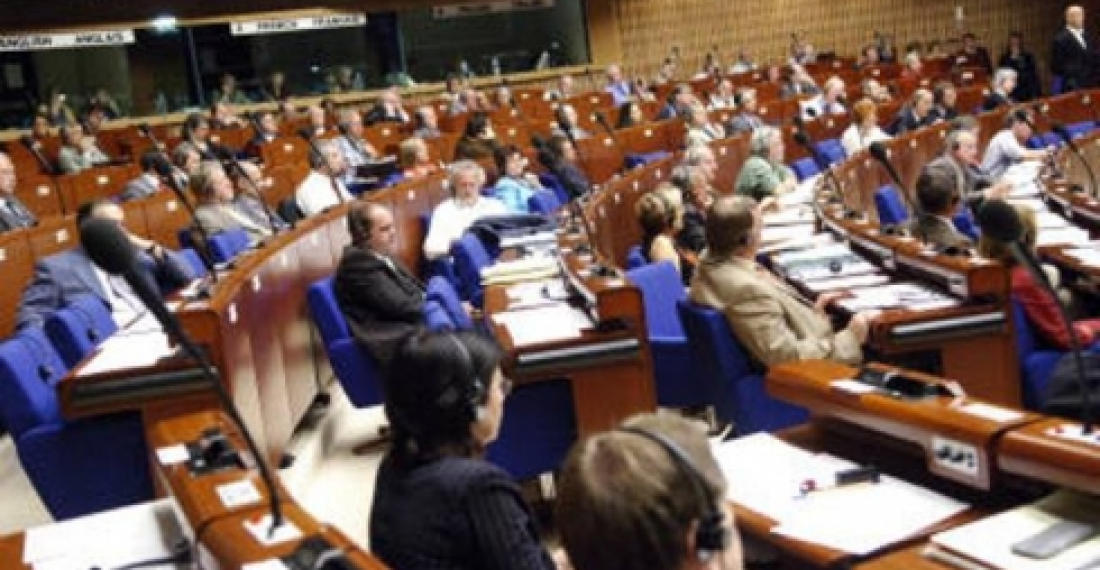The Parliamentary Assembly of the Council of Europe (PACE) is unlikely to renew its ad hoc Committee on Karabakh. Speaking to journalists ahead of this week's session of the Parliamentary Assembly in Strasbourg the current President of PACE Jean Claude Mignon told journalists, “What I can tell you speaking in my personal capacity, not on behalf of the bureau, but personally, I am not in favor of renewing this ad hoc committee because we have the Minsk Group,” he said. “I do not see the point of multiplying structures to deal with the same issue. If you have one structure, it should do its work,” he said.
He believes that creating another structure that will be added to the existing one, will only generate confusion. Meanwhile, he stressed that dealing with sensitive issues, “the last thing we need is confusion. What we need is consistency and effectiveness.”
Commonspace.eu political editor said that "the creation of the PACE ad hoc committee on Karabakh was an attempt by the Parliamentary Assembly to use parliamentary diplomacy in support of the Karabakh peace process. From the begining however it was clear that PACE was not the right mechanism for such a venture. The Committee has been largely ineffective and has often served simply as a venue for posturing by the sides in the conflict. The work of the Committee has now also been overtaken by events. The establishment of the EURONEST Parliamentary Assembly which brings together the European parliament with Parliaments of the Eastern Partnership countries, including Armenia and Azerbaijan, is perceived as a much more effective framework for this kind of work. Within the international community there is also a feeling that the Council of Europe needs to refocus back to its core agenda of being the guardian of human rights and democracy in Europe. There has been a lot of criticism recently at the failure of PACE to engage more robustly with human rights issues in the South Caucasus. There is a view that this committee may have distracted PACE from its core mission and that therefore it is best not renew it."
source: commonspace.eu with news.am and agencies
photo: The Parliamentary Assembly of the Council of Europe in session (archive picture courtesy of PACE)







